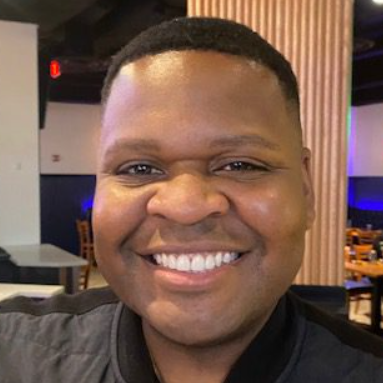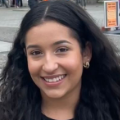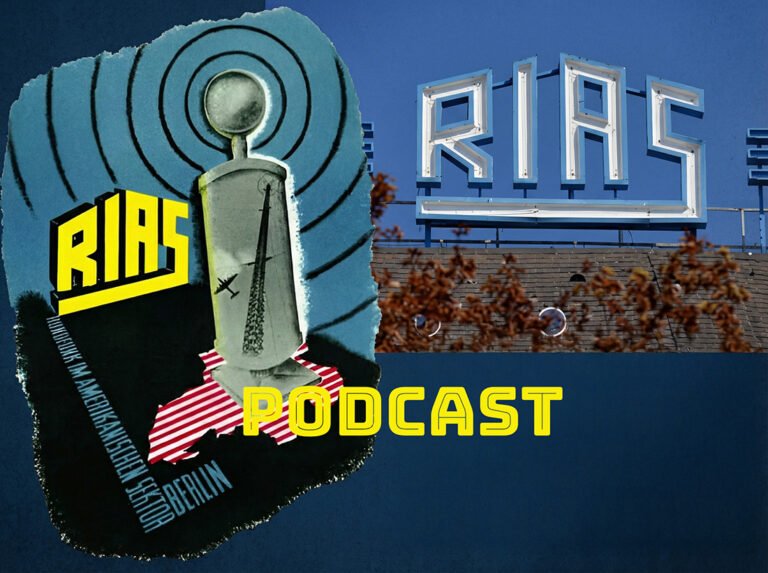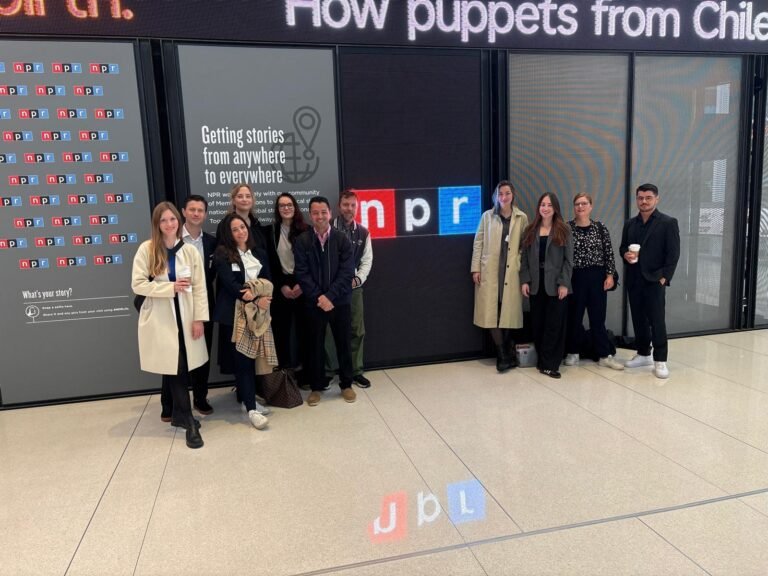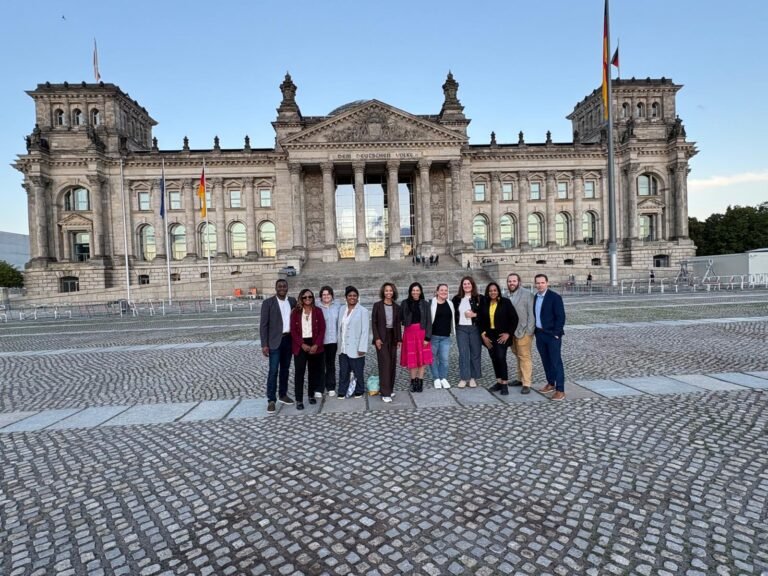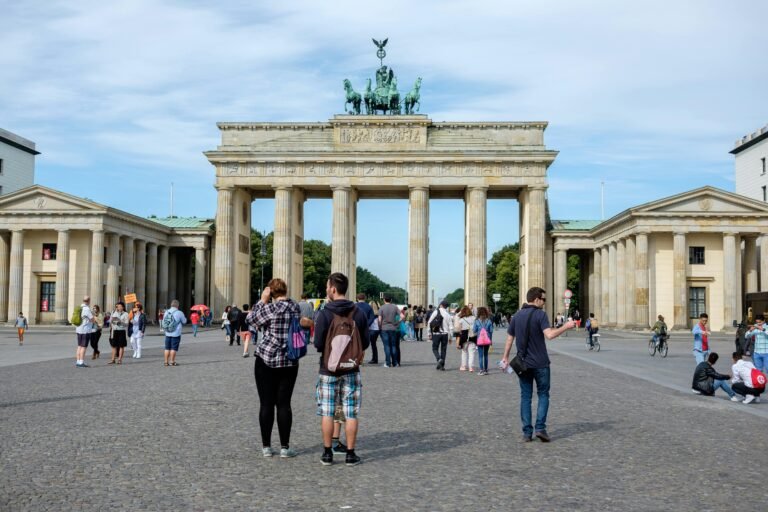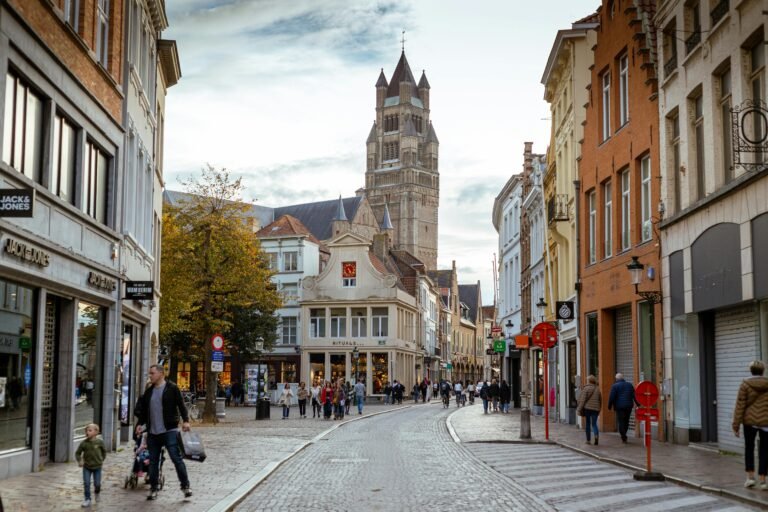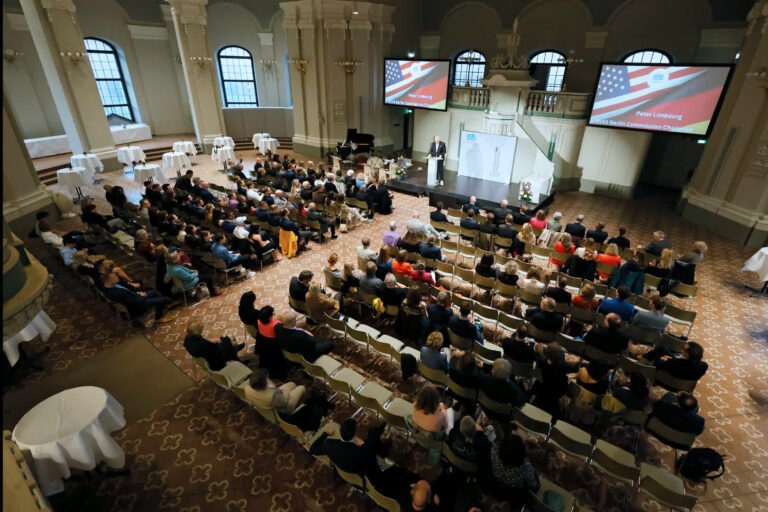-
Fostering Transatlantic Journalism
RIAS Berlin Commission
Connecting journalists across Germany and the U.S. through fellowships, exchanges, and media collaboration since 1992.
-
Stay Informed on Journalism & RIAS
Insights, Updates & Stories
Explore reports, stories, and program highlights from the RIAS Berlin Commission. Stay updated on journalism trends, transatlantic media, and the latest fellow experiences.
-
A Unique Experience for Journalists
Programs & Fellowships
Our fellowships connect media professionals across borders, providing hands-on reporting experiences in leading newsrooms.
-
Honoring Outstanding Journalism
The RIAS Media Awards
Celebrating excellence in transatlantic reporting, the RIAS Media Prize recognizes the best in journalism on German-American relations.
News and Current Events
Insights, Updates, and Perspectives from RIAS Berlin
RIAS 80th Anniversary in special Podcast
Twelve German journalists talk about their experiences and insights gained during their two-week RIAS fellowship in the USA
US Journalists reflect on their RIAS Berlin Fellowship in Germany
Insights from 11 American Journalists on Their RIAS Berlin Fellowship
American Journalism Students Share Insights from 3-Week Fellowship in Germany (Berlin, Dresden, Hamburg & More)
Impressions from RIAS Media Awards 2025
Exchange Programs
The RIAS Berlin Commission offers immersive programs that connect journalists, students, and media professionals across Germany and the United States. With educational exchanges and award presentations, our initiatives foster mutual understanding, press freedom, and transatlantic collaboration.
Global Alumni Network
Join a growing community of 1,700+ journalists who have participated in RIAS programs. Our alumni network fosters ongoing collaboration, mentorship, and transatlantic connections.
RIAS Media Awards
The RIAS Media Award celebrates excellence in German-American journalism. It honors groundbreaking investigative stories, compelling documentaries, and impactful reporting that foster transatlantic understanding.


